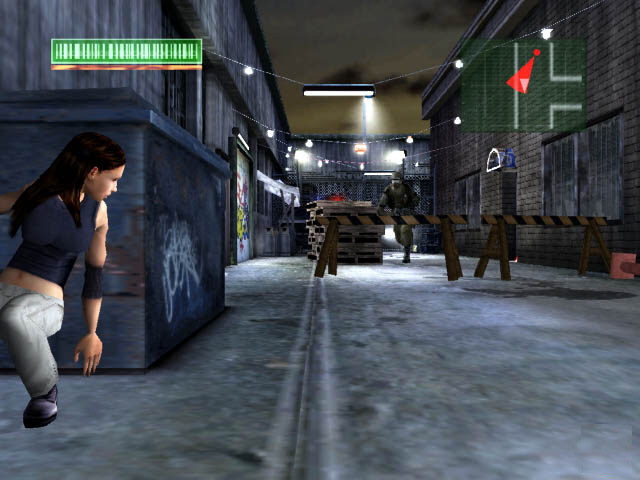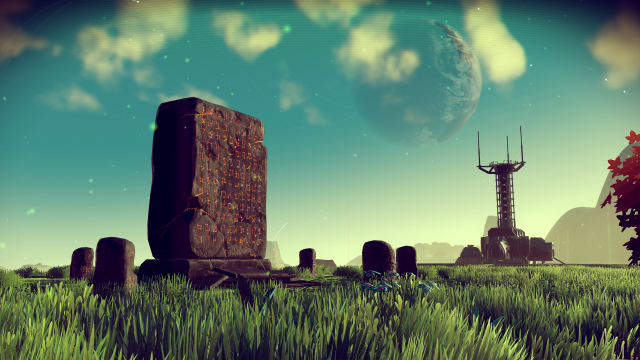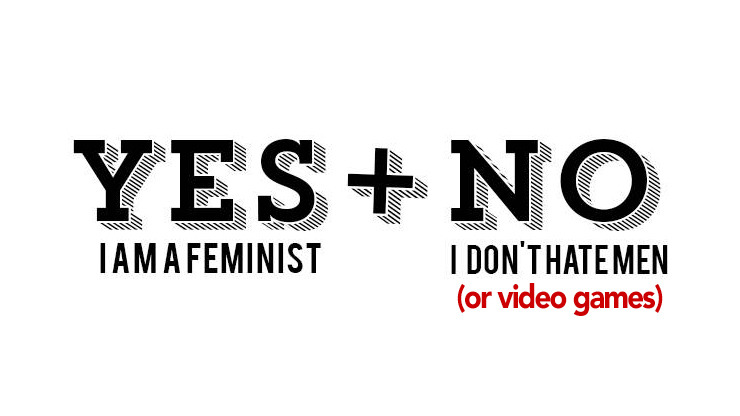 I recently read a piece by Thomas McMullan called “From Minecraft to Everybody’s Gone to the Rapture, How Real Life Imitates the Games We Play” in which McMullan discusses Oscar Wilde’s argument that life imitates art: “Wilde wrote that life imitates art more than art imitates life. We look at a painting or read a novel and it informs the way we see. We understand the world through the lens of the art we’ve experienced. If there is fog in London, life seems to imitate Bleak House. If there is a beautiful sunset, life rips off JMW Turner. The English countryside is a second-rate copy of a Constable painting.”
I recently read a piece by Thomas McMullan called “From Minecraft to Everybody’s Gone to the Rapture, How Real Life Imitates the Games We Play” in which McMullan discusses Oscar Wilde’s argument that life imitates art: “Wilde wrote that life imitates art more than art imitates life. We look at a painting or read a novel and it informs the way we see. We understand the world through the lens of the art we’ve experienced. If there is fog in London, life seems to imitate Bleak House. If there is a beautiful sunset, life rips off JMW Turner. The English countryside is a second-rate copy of a Constable painting.”
And McMullan extends this line of thinking by applying Wilde’s thoughts on life and art to the realm of games:
For many of us, video games are the representations we experience on a day-to-day basis. In terms of life imitating art, if you grew up playing Tetris you’ll likely pack a car boot as if you’re stacking rotatable, multicoloured blocks. If you grew up with Frogger, you’ll see every traffic intersection as a challenge. If you’ve ever broken your grandparents’ lampshade, said the wrong name, kissed the wrong person, made a mistake, done a bad thing, you’ll probably have considered the possibility of loading a saved game stored in the banks of some invisible, omnipresent, cloud-based memory system.
In other words, McMullan argues, no matter what games we play—from Minecraft to Everybody’s Gone to the Rapture—the same conclusion can be drawn: “The games may be different but the tendency is the same: play games and life begins to seem like an imitation of their systems.”
Indeed, McMullan argues that the reason life begins to seem like an imitation of games’ systems is due to the manner in which games, like other texts, affect our perception of the things that surround us:
The real world does not, of course, physically reassemble itself around the paintings, books and video games we have experienced. What changes is our perception, and our minds have a tendency to cling onto structures that help us comprehend the swirling mass of impressions we encounter on a day-to-day basis. Games, with their distinct series of systems, offer a negotiable model through which to understand the world.
And ultimately, McMullan concludes, “whether we’re talking about beauty or horror, games are maps we use to both pinpoint and distance ourselves from unconscious experiences. The world is a beautiful, terrifying place, and games help us organise these impulses at a comfortable distance.”
 While I find compelling and agree with McMullan’s point that games, as systems, allow us to make sense of the world, I also think it might be a bit more complicated than this. And, in this way, I wonder—how do we really conceive of the relationship between art and life? How do we think about the manner in which games allow us to make meaning? How do games influence the way we think about our experiences? How do our experiences influence the way we think about games?
While I find compelling and agree with McMullan’s point that games, as systems, allow us to make sense of the world, I also think it might be a bit more complicated than this. And, in this way, I wonder—how do we really conceive of the relationship between art and life? How do we think about the manner in which games allow us to make meaning? How do games influence the way we think about our experiences? How do our experiences influence the way we think about games?
Because, it seems to me that these relationships (between art and life, games and the world) do not simply operate in one direction; life doesn’t just imitate art and art doesn’t just imitate life—games don’t just allow us to make sense of the world, but the world also allows us to make sense of games. Our engagement with games, then, works in multiple directions at the same time. It’s a continuous feedback loop, a fluid spectrum of experiences and reactions and associations working in tandem, a conversation in which all sides inform the others at all times.
I mean, sure, after playing Life is Strange, I sometimes wish I were able to rewind moments of my life, or after playing Until Dawn, I sometimes wonder whether I should take the fast route or the safe route, but I also think that the way I think about games is more than just this—because my gameplay doesn’t simply affect my life experiences but my life experiences also affect my gameplay. My background, my context, my interests, my personality, my life all impact the way I play games and the way I think about them.
 McMullan mentions Everybody’s Gone to the Rapture in his discussion of the way games allow us to make sense of our worlds (the game is, in fact, in the very title of his article), and I think it’s a game that illustrates the point I’m trying to make as well. Because my own personal context—as someone who had recently moved away from my home in California to get my Ph.D. at Purdue, as someone who missed her friends and family, as someone working to deal with feelings of isolation and loneliness—caused certain parts of the narrative and setting to resonate with me, caused me to feel connected to certain characters more than others, caused me to want to explore certain places and objects and paths. But, at the same time, the game allowed me to continue to reflect on my own life, to organize my thoughts in different ways, to work through things. So in all these ways, Everybody’s Gone to the Rapture both allowed me to make meaning in my world while, concurrently, my world allowed me to make meaning in the game.
McMullan mentions Everybody’s Gone to the Rapture in his discussion of the way games allow us to make sense of our worlds (the game is, in fact, in the very title of his article), and I think it’s a game that illustrates the point I’m trying to make as well. Because my own personal context—as someone who had recently moved away from my home in California to get my Ph.D. at Purdue, as someone who missed her friends and family, as someone working to deal with feelings of isolation and loneliness—caused certain parts of the narrative and setting to resonate with me, caused me to feel connected to certain characters more than others, caused me to want to explore certain places and objects and paths. But, at the same time, the game allowed me to continue to reflect on my own life, to organize my thoughts in different ways, to work through things. So in all these ways, Everybody’s Gone to the Rapture both allowed me to make meaning in my world while, concurrently, my world allowed me to make meaning in the game.
And I think, for me, this is why games, like other media and narrative forms, matter. Because they exemplify the manner in which films, books, games, and art impact our lives and how our lives impact our engagement with all these things as well. Our art and our lives, our stories and our worlds, our games and our selves work in tandem as multilayered lenses through which we gain deeper understandings about how we think about games and how we think about who we are.





One thought on “On Art, Life, and Video Games”
As you synopsized McMullan’s piece, I had the same thought you did. I understand it being like the Communications Model, where something is put out there for others to interact with and then they respond. The systems a circle or a web with interconnecting parts that influence an individual’s perception. The way I see a game is going to be different than the way you see a game. With this in consideration I think there is one part that McMullan didn’t consider, which was the role of the game’s creator. How does the creator fit into the art imitates life or the life imitates art?